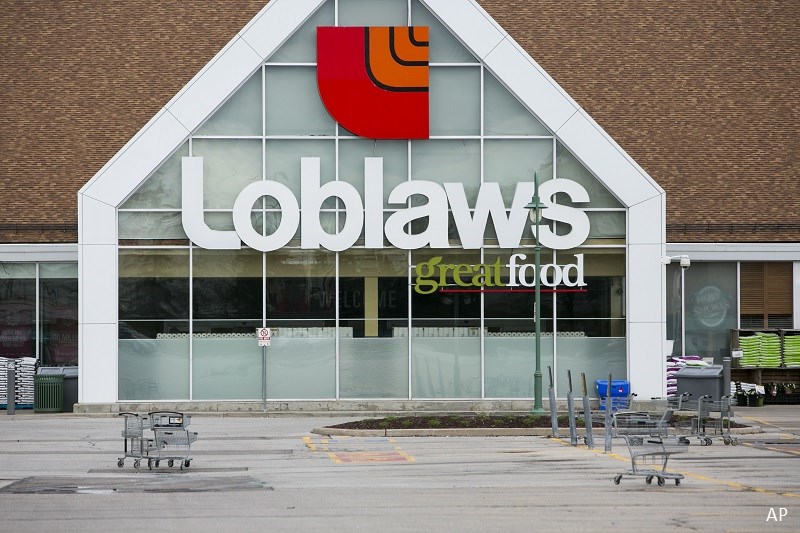
If the stock market hasn’t been exciting enough for you lately, rest assured! This year is expected to be chock full of new public offerings, many of them game-changers.
“Black holes” created by technologically enabled innovations could be set to swallow up companies not evolving fast enough, or not keeping up with the record-breaking pace of change and exponential growth of competitors, former economist and famed investor Cathie Wood recently cautioned.
The list suggests the market is about to see a battle between the ‘change’ or the ‘change-nots’. Our analysts at Pitchbook (a Morningstar company) have their eyes trained on companies riding the recent trend of accelerated technological innovation and changing consumer behaviours.
Which Side Will You Be On?
Though the winners will be obvious with hindsight, in the here and now, the choice between new and old investment opportunities is getting more difficult as we reevaluate the sustainability of dividends and business models with the old guard. All of this, while new business models are still less proven, and average retail investors still tend to get a bad deal on IPO day. Remember, investing is a marathon, not a sprint.
“For the individual retail investor, getting a ‘piece’ of an IPO at the stated initial offering price will likely prove to be a challenge since the majority of the shares are typically scooped up in large blocks in advance by institutional investors,” notes Morningstar’s Director of Investment Research, Ian Tam. He suggests the close price after the first day of trading may provide a better indication of the price at which shares are available.
Who’s Listing?
Morningstar Pitchbook has a list of more than 40 companies that are likely to list in 2021. A few of these stood out to us for obvious reasons (ie. Robinhood), but others stood out as having excellent timing. First, here’s the full list of pre-IPO companies our analysts are monitoring:
| Agtech & Foodtech | Cloudtech & DevOps | Enterprise/Retail Health & Wellness Tech | Fintech Pre-IPO Companies | Information Security | Mobility Tech & Supply Chain Tech |
| Swiggy | GitLab | Oscar | Robinhood | Darktrace | Faraday Future |
| Toast | CloudBees | Hims | Marqeta | Databricks | Turo |
| Perfect Day | HashiCorp | Tonal | Chime | DataRobot | Lucid Motors |
| Indigo Agriculture | Automation Anywhere | Tempus Labs | Hippo | Samsara | Karma Automotive |
| Ginkgo Bioworks | InVision | ClassPass | Better.com | Riskified | Bird |
| Farmer's Business Network | Affirm | Lilium | |||
| Instacart | Coinbase | ||||
| Zomato | SoFi | ||||
| AgriFORCE | Metromile | ||||
| AppHarvest | |||||
| Agrify |
Source: Morningstar Pitchbook
Let’s look at the company that’s been most talked about among these – Robinhood. The stock trading app looks like it’s going ahead with an IPO despite the brand damage around its blockade of stock purchases targeted by Reddit. Pitchbook notes that the company looked to have a valuation of around US$11.71 billion as of Oct 1, 2020. We will see if that number shrinks if upset users follow through with leaving the platform.
Bitcoin took part in the recent r/wallstreetbets saga – along with crypto…and Dogecoin. Coinbase got swept up in a swell of trading activity and experienced an outage, along with many other crypto exchanges. It was a big stress test for the alternative payment network – the health of which is critical for Coinbase’s success.
Between the bitcoin world and your corner bank branch, SoFi or Social Finance is mobile-first personal finance. With a light feel to its user experience and depth of low-cost offerings from banking, to student loans, mortgages, free stock trading and access to crypto through a partnership with Coinbase – if this company takes away a customer from current big banks, they may never need to come back. The company is reported going public through Chamath Palihapitiya’s acquisition vessel (SPAC) Social Capital Hedosophia Holdings Corp V (IPOE) and has Healthcare of Ontario Pension Plan among its investors according to Pitchbook.
Metromile is another SPAC (INAQ), also supported by Chamath, that looks to give the insurance sector a run for its money. After drivers were stuck with one-size-fits-all insurance policies over the pandemic while their cars sat largely undriven, the company aims to make drivers only pay for what they use. And if you thought Uber (UBER) was the final form of usage-based transport, Turo offers an Airbnbesque private automobile rental service – which also allows owners to earn money when they’re not using their cars.
In the food tech space, Instacart has been disrupting the other side of the food chain by changing how we do groceries. Their aggressive flyer and coupon campaigns look to have paid off, as the company now looks valued around US$17.5 billion after a US$200 million stake was sold last October.
More recently, a similar-sized stake of coder network Gitlab was sold, leading to a valuation of around US$6 billion. Investors such as Ontario pension fund OMERS have been among early entrants to see value in the company’s tools for continuous collaboration, integration and deployment of code.
Three more companies we're watching, Faraday Future, Lucid Motors, and Karma Automotive, are electric vehicle companies. So many new contenders in one new industry point to a pace of technological change that is further accelerated by a need for urgent action around our climate. Legacy automakers have to move faster than ever to be on the right side of this trend.
Capture Opportunities in Innovation
Learn about the Morningstar Exponential Technologies Index here






















